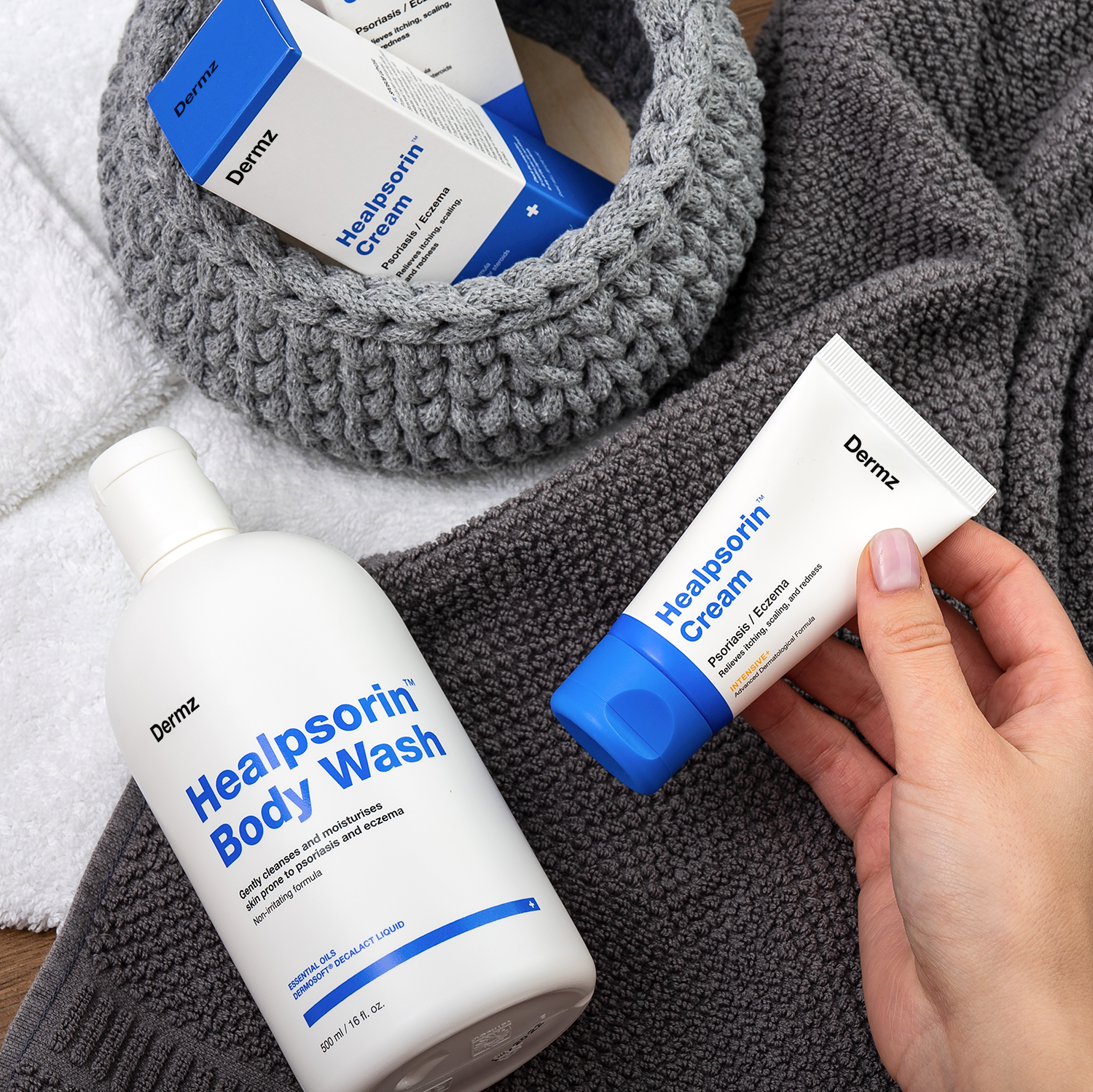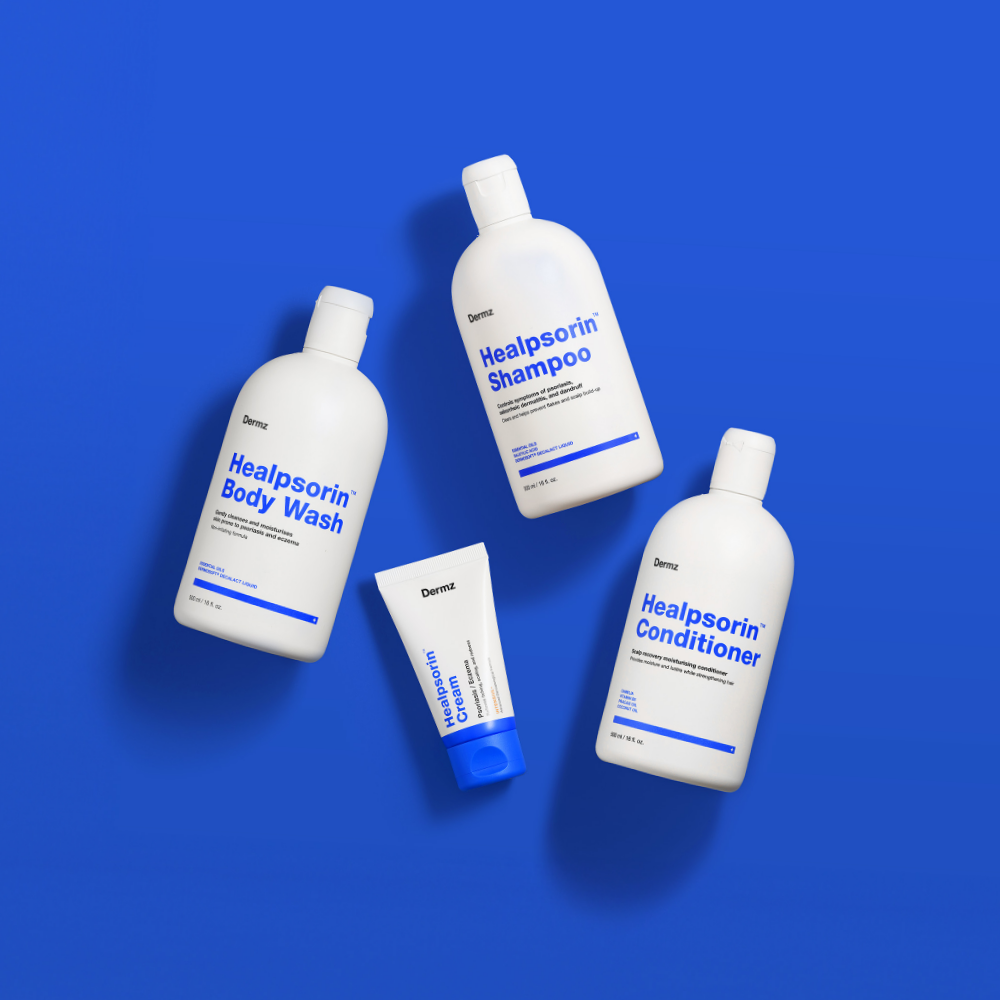The Complexity of Sensitive Skin
Managing sensitive skin is far from straightforward; it's a daily challenge that demands a nuanced approach.
From redness and irritation to dryness and flakiness, the symptoms can be both physically uncomfortable and emotionally draining. The unpredictability of sensitive skin adds another layer of complexity, as it can react adversely to a variety of triggers—be it environmental factors, skincare products, or dietary choices.
This makes it challenging to identify the root cause and tailor an effective skincare routine. Moreover, sensitive skin often requires a multi-faceted approach that goes beyond just topical treatments; it may involve lifestyle changes, dietary adjustments, and even stress management techniques.
Identifying the Triggers of Sensitive Skin
Sensitive skin is a complex condition that can be triggered by a multitude of factors, both internal and external.
Understanding these triggers is the first step towards effective management. Environmental factors such as pollution, extreme weather conditions, and UV exposure can exacerbate skin sensitivity. Internally, hormonal fluctuations, stress, and certain foods can also play a role.
Skincare products with harsh chemicals, fragrances, or alcohol can further irritate sensitive skin. It's crucial to read ingredient labels carefully and opt for products that are hypoallergenic and dermatologist-approved. Even laundry detergents and fabric softeners can be culprits, so consider switching to hypoallergenic options for these as well.
Moreover, over-exfoliating or using too many active ingredients can compromise your skin's natural barrier, making it more susceptible to irritants. It's advisable to introduce new skincare products gradually and monitor your skin's reaction.
For a tailored approach to sensitive skin, consider our sensitive skin care range, which is formulated with gentle, yet effective ingredients to help you manage your skin's unique needs.
The Importance of a Tailored Skincare Routine
A one-size-fits-all approach rarely works when it comes to sensitive skin. Individualised skincare routines are essential for effectively managing the unique challenges that come with skin sensitivity.
Start by identifying your skin type—oily, dry, combination, or normal—as this will guide your choice of products. Next, focus on incorporating gentle cleansers, moisturisers, and serums that are specifically formulated for sensitive skin.
Active ingredients like retinol or glycolic acid, while effective for many skin concerns, can be too harsh for sensitive skin. Instead, look for products with soothing ingredients like chamomile and ceramides. Always perform a patch test when introducing a new product to your routine to ensure it doesn't cause irritation.
Consistency is key. Stick to your tailored routine and avoid the temptation to experiment with too many products at once.
For a comprehensive solution, consider incorporating our Healpsorin Soothe & Protect Set, which includes a gentle body wash and an emollient balm, all designed to work in synergy for optimal results.

Lifestyle Adjustments for Sensitive Skin
Managing sensitive skin isn't solely about what you apply topically; it's also about the lifestyle choices you make.
Stress, for instance, can trigger flare-ups, making stress management techniques like mindfulness and exercise essential. Your diet also plays a significant role. Foods rich in antioxidants, such as berries and leafy greens, can help combat inflammation, while spicy foods, alcohol, and caffeine may exacerbate skin issues.
Sleep is another often-overlooked factor. A lack of quality sleep can lead to increased stress hormones, which in turn can worsen skin sensitivity. Aim for at least 7-8 hours of uninterrupted sleep per night for optimal skin health.
Moreover, your choice of clothing can impact your skin. Opt for natural, breathable fabrics like cotton and avoid synthetic materials that can irritate the skin. Also, be mindful of your laundry detergent; opt for fragrance-free, hypoallergenic options.
The Role of Professional Consultation
While self-care and over-the-counter products can go a long way in managing sensitive skin, there are instances where professional consultation is invaluable.
Persistent or severe symptoms may require a dermatologist's expertise for accurate diagnosis and targeted treatment. Conditions like rosacea, eczema, or severe acne may necessitate prescription medications or specific procedures that only a qualified medical professional can provide.
Moreover, a dermatologist can perform patch testing to identify specific allergens, helping you fine-tune your skincare and lifestyle choices even further. They can also guide you on how to safely incorporate active ingredients into your routine without causing irritation or compromising your skin's natural barrier.






